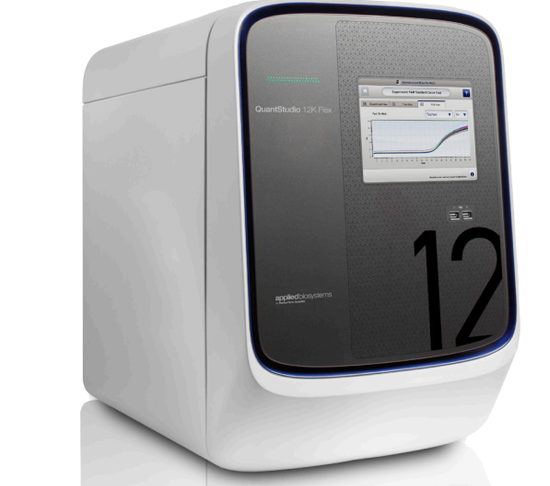We Employ Latest Research & Technology
Raazi Clinical Laboratory LLC is a molecular diagnostics laboratory and laboratory consultant expert that offer “in-house genetic testing services” and “analytical validation services for reference labs”. The laboratory is equipped with state-of-the-art equipment to perform high complexity testing for a high throughput volume. Our team of board-certified Ph.D. experts provide consulting services for developing and validating genetic testing methods, and delivers exceptional customer service with a fast turn-around time. .


About Raazi
Raazi, in full Abū Bakr Muḥammad ibn Zakariyyā al-Rāzī, Latin Rhazes, (born c. 854, Rayy, Persia [now in Iran]—died 925/935, Rayy), was a Persian polymath, physician, alchemist, philosopher, and important figure in the history of medicine. He also wrote on logic, astronomy and grammar. Raazi was born in the city of Ray located on the southern slopes of the Alborz mountain range situated near Tehran, Iran.
A comprehensive thinker, Raazi made fundamental and enduring contributions to various fields, which he recorded in over 200 manuscripts, and is particularly remembered for numerous advances in medicine through his observations and discoveries. Raazi`s two most significant medical works are the Kitāb al-Manṣūrī, which he composed for the Rayy ruler Manṣūr ibn Isḥaq and which became well known in the West in Gerard of Cremona’s 12th-century Latin translation, and Kitāb al-ḥāwī, the “Comprehensive Book,” in which he surveyed Greek, Syrian, and early Arabic medicine as well as some Indian medical knowledge. Throughout his works he added his own considered judgment and his own medical experience as commentary. An early proponent of
experimental medicine, he became a successful doctor, and served as chief physician of Baghdad and Ray hospitals. As a teacher of medicine, he attracted students of all backgrounds and interests and was said to be compassionate and devoted to the service of his patients, whether rich or poor. According to the Encyclopædia Britannica (1911), he was among the first to use humoral theory to distinguish one contagious disease from another, and wrote a pioneering book about smallpox and measles providing clinical characterization of the diseases.
Through translation, his medical works and ideas became known among medieval European practitioners and profoundly influenced medical education in the Latin West. Some volumes of his work Al-Mansuri, namely “On Surgery” and “A General Book on Therapy”, became part of the medical curriculum in Western universities. Edward Granville Browne considers him as “probably the greatest and most original of all the Muslim physicians, and one of the most prolific as an author. Additionally, he has been described as the father of pediatrics, and a pioneer of obstetrics and ophthalmology. For example, he was the first to recognize the reaction of the eye’s pupil to light. After his death, his fame spread beyond the Middle East to Medieval Europe and lived on. In an undated catalog of the library at Peterborough Abbey, most likely from the 14th century, Raazi is listed as a part author of ten books on medicine.